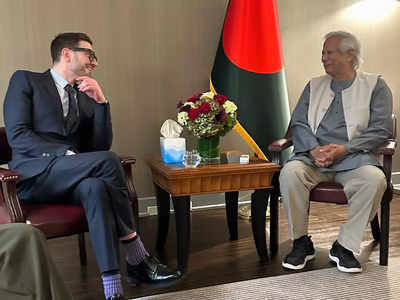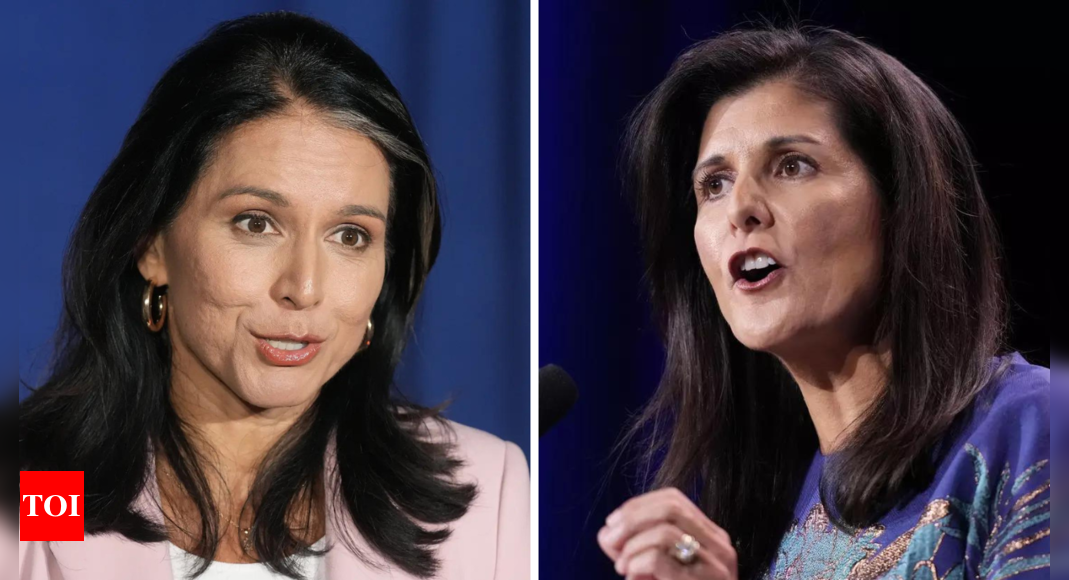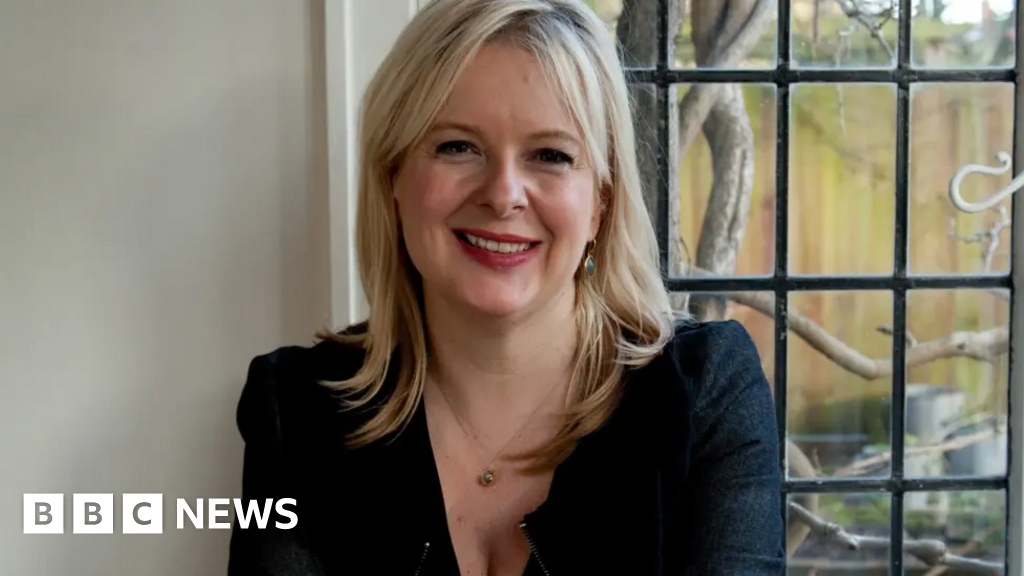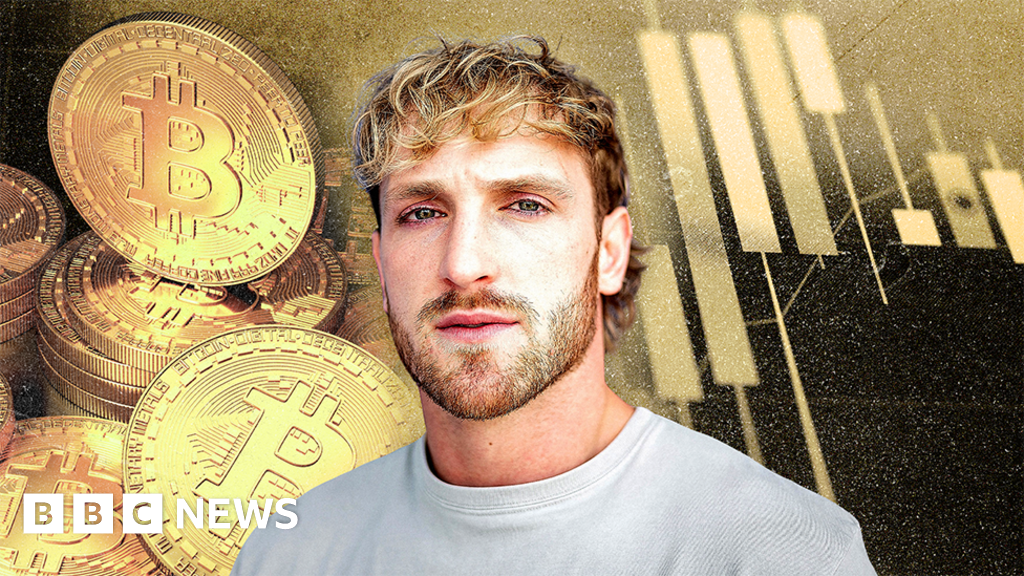

On October 2, Alex Soros, son of George Soros, met the country’s interim leader Muhammad Yunus. Alex posted about the meeting on Instagram, praising Yunus’ leadership: “Delighted to see an old friend of my father and the foundation, Nobel Prize winner @professormuhammadyunus, interim leader of Bangladesh, who stepped in to lead Bangladesh towards a peaceful future based on equity and fairness.”
Muhammad Yunus, the Nobel Peace Prize-winning founder of Grameen Bank, assumed the role of interim leader following significant political upheaval in Bangladesh.Yunus, known for his work in microfinance and social business, also has longstanding financial ties to George Soros, Alex’s father. These connections stem from a 1999 agreement when Yunus secured an $11 million loan from the Soros Economic Development Fund, managed by the Open Society Foundations. The loan enabled Grameen Telecom, a non-profit entity linked to Yunus’ Grameen Bank, to acquire a 35% stake in Grameenphone Ltd., Bangladesh’s largest telecom operator.
This loan played a critical role in the development and financial structuring of Grameenphone, allowing it to grow into a major player in Bangladesh’s telecom industry. The loan was fully repaid, and Grameen Telecom retained considerable influence over Grameenphone, using the profits to fund social and welfare projects across Bangladesh. Yunus’ relationship with Soros is one of many global financial partnerships that have helped expand his vision for microfinance and social business, although these links have drawn scrutiny from his political opponents.
In the current political climate, Yunus’ foreign connections, particularly with influential figures like George Soros, have been scrutinised by critics.
Alex Soros also raised eyeballs recently when he met Democratic VP nominee Tim Walz.
Who is Alex Soros?
Alex Soros, the son of renowned philanthropist George Soros, has steadily taken on leadership responsibilities within the family’s philanthropic ventures. Born in 1985, Alex was raised in an environment deeply rooted in social activism and philanthropy. After earning degrees from New York University and the University of California, Berkeley, Alex embarked on a path similar to his father’s, becoming actively involved in various charitable causes.
In 2023, George Soros officially handed over control of the $25 billion Open Society Foundations to Alex, marking a new era for the foundation. The younger Soros has continued the foundation’s mission of promoting democracy, human rights, and social justice while also addressing global issues such as climate change and governance reforms. Known for his progressive advocacy and a keen interest in defending democratic values, Alex has carved out a distinct role in the global philanthropic community, carrying forward his father’s legacy while introducing fresh perspectives to address the world’s most pressing challenges.
Who is Muhammad Yunus?
Muhammad Yunus is a pioneering Bangladeshi economist and social entrepreneur best known for founding Grameen Bank and developing the concept of microfinance and microcredit. Recently, he became the head of Bangladesh’s interim government after Sheikh Hasina’s ouster.
Born in 1940 in Chittagong, Bangladesh, Yunus pursued higher education in the United States, earning a PhD in economics from Vanderbilt University. His innovative work in the 1970s focused on providing small loans to impoverished individuals, especially women, to help them create sustainable livelihoods. This microfinance model empowered millions by offering financial services to those typically excluded from traditional banking systems.
In 1983, Yunus formalised his work by establishing Grameen Bank, a microfinance institution that became a global success in alleviating poverty and fostering economic inclusion. His efforts earned him and Grameen Bank the Nobel Peace Prize in 2006. Yunus’ contributions have been credited with lifting millions out of poverty and serving as a model replicated in other developing nations.
Beyond microfinance, Yunus has championed the idea of social business, where profits are reinvested into resolving social issues rather than being distributed to shareholders. His influence has reached beyond Bangladesh, shaping global conversations on sustainable development and ethical business practices.








